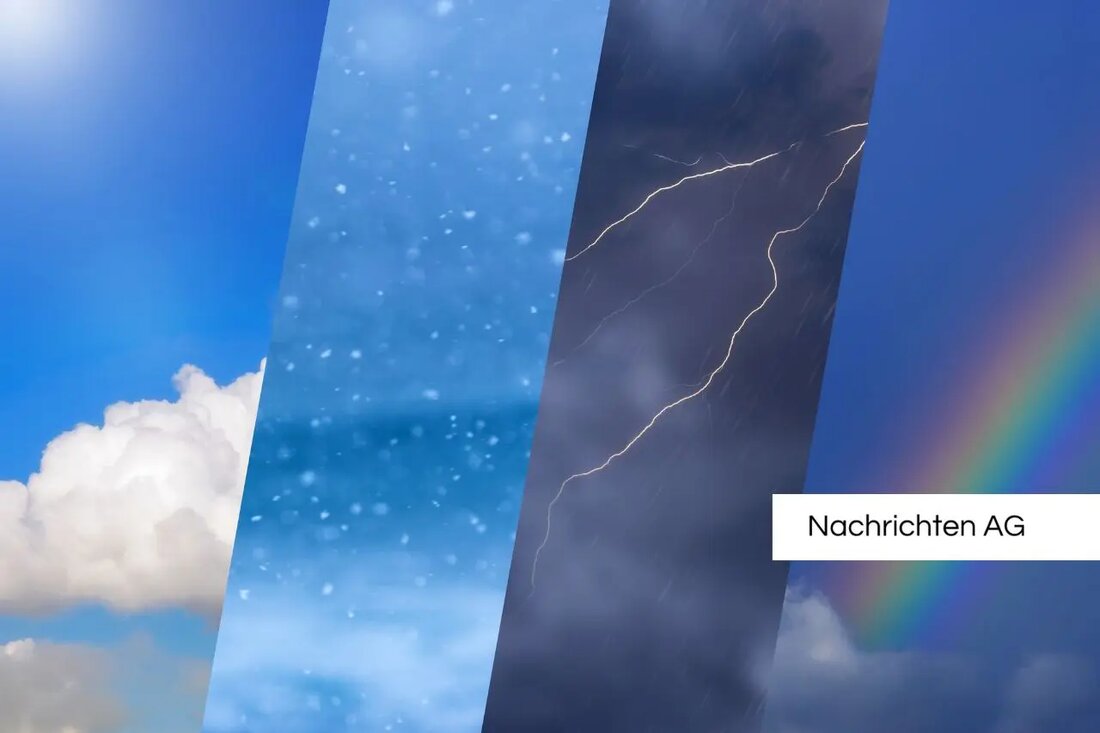Bad air in Rhineland-Palatinate: health risk for sensitive groups!
Bad air in Rhineland-Palatinate: health risk for sensitive groups!
Since the beginning of February 2025, numerous weather apps have reported an alarming bad air quality in Rhineland-Palatinate. Almost the entire state is colored in the shades of color red and dark red, which indicates bad or even very bad air quality. In particular, the cities of Speyer, Ludwigshafen and Mainz are among the most affected regions on Tuesday, according to the air quality index of IQAIR. The reason for this questionable situation is an inversion weather situation that effectively prevents air exchange and leads to contamins in the air.
The inversion weather situation that currently prevails over Germany shows a frequent climate phenomenon in which warm air envelops the colder air masses on the ground in higher layers. This stability in the atmosphere reduces air exchange and thus favors the enrichment of fine dust and other pollutants in the lower air layers. The south of the country is particularly affected by this situation, where the fine dust can only pull off very slowly and the air quality suffers sharply. Analyzes of the Federal Environment Agency show high fine dust values in several cities, about 35 micrograms per cubic meter in Kempten, which is significantly above the limit of 25 micrograms.
health effects and recommendations
The persistently bad air quality not only has environmentally- but also considerable health consequences. Inhaling fine dust can lead to respiratory diseases, increased medication requirement for asthmatics and even cardiovascular problems in the long term. Vulnerable groups such as children, older people and people with previous illnesses are particularly affected and should avoid exhausting outdoor activities if possible. SWR1 weather expert recommends foregoing endurance sports outdoors until the upcoming change of weather in the weekend.
The current situation is also reinforced by air flow from the southeast, which transports dirt particles from countries such as the Czech Republic, Hungary and Poland to Germany. In the rest of the country there are similar negative developments, with increased fine dust values, especially in metropolitan areas, and warnings of the Federal Environment Agency in terms of ozone, nitrogen dioxide and fine dust in general.
outlook on weather changes
The weather forecasts, however, let hope raise: A change is promised for the weekend, which could improve the air. A low pressure area that is also supposed to bring rain and snowfall could reduce the existing fine dust concentrations. This weather conditions could significantly reduce the current loads from the weak wind, which cannot transport the harmful particles.
Finally, it is important to regularly consult the air quality index for your own place of residence. This is updated every hour and is available on the pages of the Federal Environment Agency. The current developments related to the inversion weather situation make it clear how important it is to protect your own health and act responsibly outdoors while waiting for future weather improvements.
In summary, it should be noted that the air quality in Rhineland-Palatinate and beyond is critical. The increasing fine dust values and the associated health risks require urgent measures and attention from the population. As explained meteocentrale.de , an intensive weather event could reduce the air pollution and enable a return to better conditions.Additional information about the air quality and its dangers provides tagesschau.de , continued to be followed.
| Details | |
|---|---|
| Quellen | |


Kommentare (0)